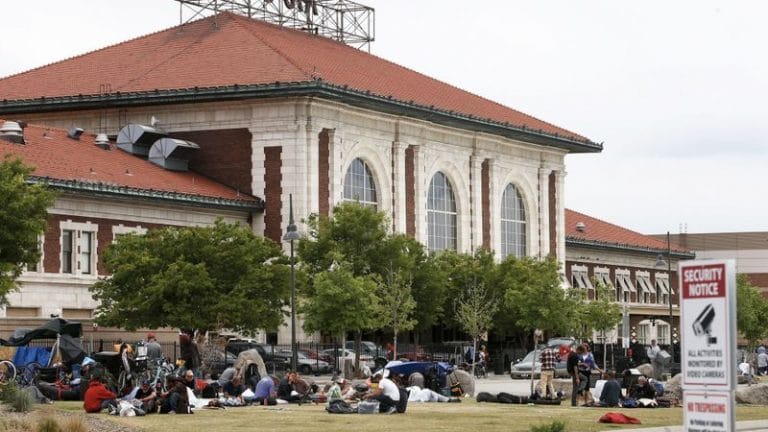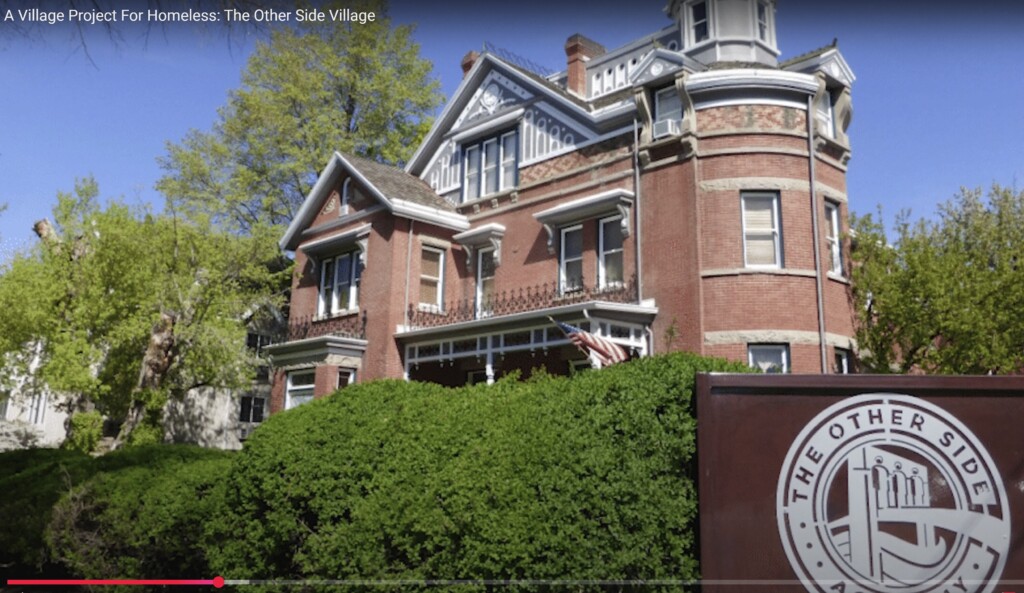Wages for Salt Lake City police—Equal pay for equal work
Low wages for Salt Lake City police officers are far below other departments, and it absolutely creates a public safety issue for Salt Lake City residents.
It’s been seemingly impossible to turn on the television the last few years and not see some drama unfolding around a cop, a gun, and a person of color. Police officers are in the public’s crosshairs. Every move they make is scrutinized, dissected, and put under a microscope.
Being a police officer isn’t easy in the first place.
But Salt Lake City officers face another challenge that compounds an already difficult job: low wages.
Less pay for more work
The Salt Lake Tribune recently reported that the highest paid cap for Salt Lake City Police officers is lower than Park City, Murray, Heber, Sandy, Cottonwood Heights, Kaysville, and West Valley City, despite the fact that Salt Lake City is much tougher to police.
One reason for this, Steven Winters, president of the Salt Lake City Police Association, said, “Salt Lake City, being the capital first and foremost, we have a great deal of people that come in during the day, so our population during the night stays stagnant at around 300,000, but during the day it swelters to over a million people.”
And that’s not even considering that the homeless population in Salt Lake City, especially around pioneer park and Rio Grande. is much greater than anywhere else in the state. “Their needs drain on our services a great deal.“
Drain seems to be the right word, too. The stresses of the job, the dangers faced, coupled with the low yearly income, has the Salt Lake City Police Department calling foul. One office recently described it as “a sinking ship.”
“What you see is what you get,” Winters said, referring to the fact they don’t even receive social security.
Pay raise vs pay adjustment
He compared it to an average, working civilian. “If you have a set retirement or contribution, the way we have, if you do 25 years you get 50 percent of your salary. And then, obviously, you get social security when you hit 65. The two of those combined should be enough. Our officers don’t get that benefit.” What he’s saying is, is if an Officer retires making $65,000 a year, you’re leaving with $32,500.
“And that’s it,” Winters said. “You’re basically asking them to put their life on the line for a very non-productive ending to their career.”
Winters believes it’s not even about getting a pay raise, per se. It’s about a necessary pay adjustment. There was a time when the Salt Lake City economy wasn’t so great no departments were getting raises. Consequently, because of this, Winters said, “they [Salt Lake City] have neglected our pay to such a degree that now we are calling for a pay adjustment.”
The two, a pay raise and a pay adjustment, are mutually exclusive. Salt Lake City, he claims, hasn’t kept up with the pace; has fallen behind, and that this is the root of the frustration being vocalized by officers. One officer said it feels like being on a sinking ship.
Behind the times
As a result of Salt Lake not keeping up in the competitive market, the low wages for Salt Lake City police officers has resulted in a less-than stellar turnover rate. They are losing veteran officers. “We are many many dollars behind,” Winters said, “and because of that, our officers are starting to look at other options.”
Winters cites a report from last year that put the SLCPD at a 12 percent turnover rate. “Our current HR Director thinks that that number is OK. From my perspective, I think that’s very dangerous because you’re losing your institutional knowledge.”
They are losing their veteran officers who have, for lack of a better term, have been around the block a few times. The continuing loss of vital experience that could be passed down to officers with less experience, it can be a dangerous situation.
In high-intensity situations, Winters explained, is someone who can react immediately, someone who is as sure as the shoes they stand it.
That sort of ability, in any industry, is only realized after years of ‘practice.’
“The reality is when we call for an officer, and he or she, may only have a few years under their belt … their familiarity with each and every situation is less than a more senior officer that knows how to resolve things, negotiate better with people involved, and get a more positive result quicker, simply because of experience,” Winters said.
It’s hard to ignore the fact that those who police our streets, the men and women who work under the umbrella of justice, are unhappy.
All Winters wants, he said, “ … is to see improvement pertaining to our benefits and the well-being of our officers.”
Listen to our conversation with Steven Winters, president of the Salt Lake City Police Association, below:






